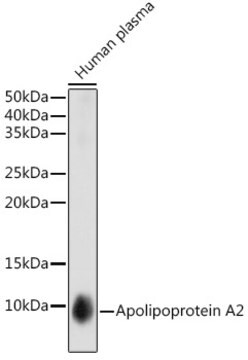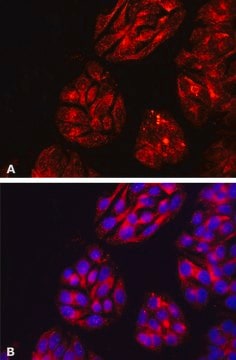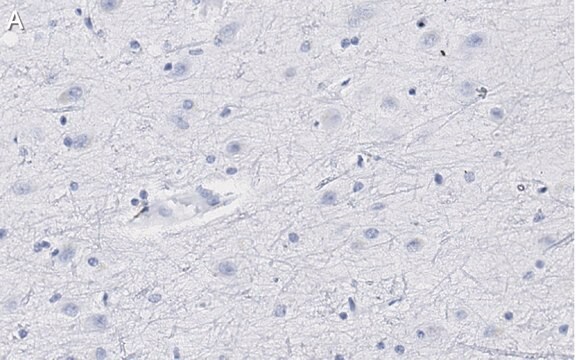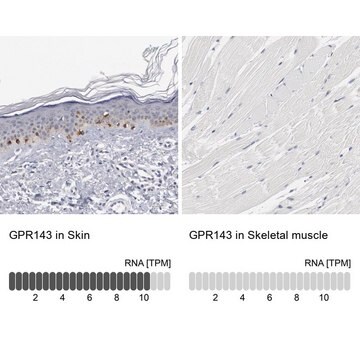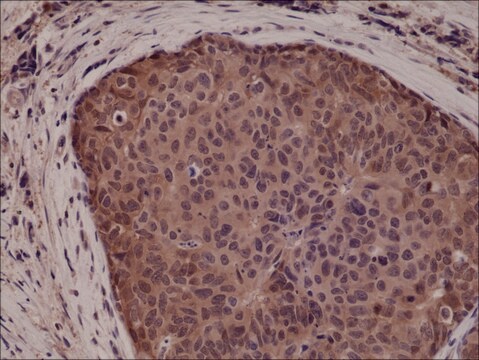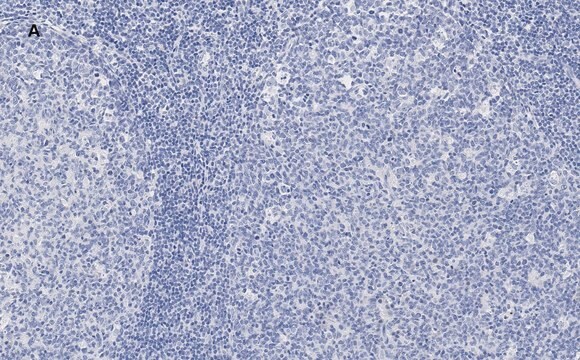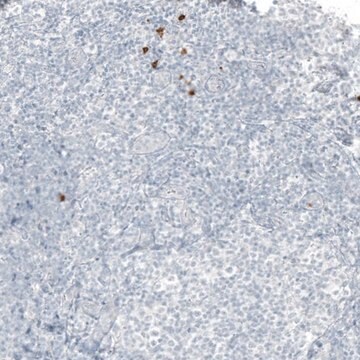SAB4700590
Monoclonal Anti-CD62L antibody produced in rat
clone MEL-14, purified immunoglobulin, buffered aqueous solution
Sinónimos:
Anti-L-selectin, Anti-Sell
About This Item
Productos recomendados
biological source
rat
Quality Level
conjugate
unconjugated
antibody form
purified immunoglobulin
antibody product type
primary antibodies
clone
MEL-14, monoclonal
form
buffered aqueous solution
species reactivity
mouse
concentration
1 mg/mL
technique(s)
flow cytometry: suitable
isotype
IgG2a
NCBI accession no.
UniProt accession no.
shipped in
wet ice
storage temp.
2-8°C
target post-translational modification
unmodified
Gene Information
mouse ... Sell(20343)
General description
Immunogen
Application
Features and Benefits
Physical form
¿No encuentra el producto adecuado?
Pruebe nuestro Herramienta de selección de productos.
Storage Class
10 - Combustible liquids
flash_point_f
Not applicable
flash_point_c
Not applicable
Elija entre una de las versiones más recientes:
Certificados de análisis (COA)
¿No ve la versión correcta?
Si necesita una versión concreta, puede buscar un certificado específico por el número de lote.
¿Ya tiene este producto?
Encuentre la documentación para los productos que ha comprado recientemente en la Biblioteca de documentos.
Nuestro equipo de científicos tiene experiencia en todas las áreas de investigación: Ciencias de la vida, Ciencia de los materiales, Síntesis química, Cromatografía, Analítica y muchas otras.
Póngase en contacto con el Servicio técnico